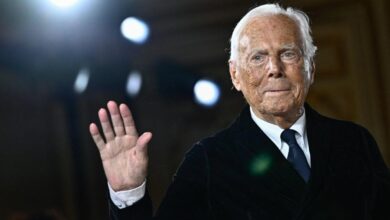
Chamber Raises Red Flag Over Fuel Price Increase
The Chief Executive Officer of the Chamber of Oil Marketing Companies (COMAC), Dr. Riverson Oppong, has openly rejected the proposed additional levy on petroleum products, describing it as economically unjustifiable and a burden on consumers.
According to Dr. Oppong, Ghana’s petroleum sector is already overwhelmed with numerous taxes and levies. Introducing another levy—reportedly to support the Ghana National Fire Service (GNFS)—would only worsen the cost of living and strain the already struggling energy sector.
“This is shocking news to us at the Chamber. The downstream petroleum sector in Ghana is already burdened with excessive levies and taxes, which largely contribute to the high ex-pump price of fuel,” Dr. Oppong emphasized in a recent statement.
New Levy Lacks Justification, Says COMAC
The proposed 10-pesewa-per-litre fuel tax is part of the government’s plan to improve emergency response services through the GNFS. But COMAC believes that while fire safety and national security are critical, funding them through another petroleum levy is neither strategic nor sustainable.
“We strongly advocate for a proactive approach to fire safety rather than reactive taxation that will further strain households and businesses,” Dr. Oppong noted.
Existing Fuel Charges Already Excessive

Dr. Oppong outlined a long list of existing taxes and levies currently embedded in the ex-pump price of petroleum products, including:
- Energy Debt Recovery Levy
- Road Fund Levy
- Energy Fund Levy
- Sanitation and Pollution Levy
- Special Petroleum Tax
- Price Stabilization and Recovery Levy
- Energy Sector Recovery Levy
- Unified Petroleum Price Fund (UPPF)
- BOST Margin
- Fuel Marking Margin
- LPG Filling Plant Administrative Cost
- Primary Distribution Margin
These levies, when combined, make up nearly 25% of the retail fuel price, placing a significant financial burden on the average Ghanaian.
COMAC’s Call for Fiscal Prudence
The Chamber is urging the government to consider alternative funding mechanisms for public safety rather than increasing taxes on fuel. COMAC also reiterated its readiness to collaborate with government agencies to ensure more balanced and people-friendly fiscal policies.
“Fuel pricing in Ghana is already a national concern. The way forward should be economic relief, not additional financial pressure,” Dr. Oppong concluded.
Also Read: Parliament Approves GH¢1 Fuel Levy to Tackle Ghana’s Energy Sector Debt Crisis




